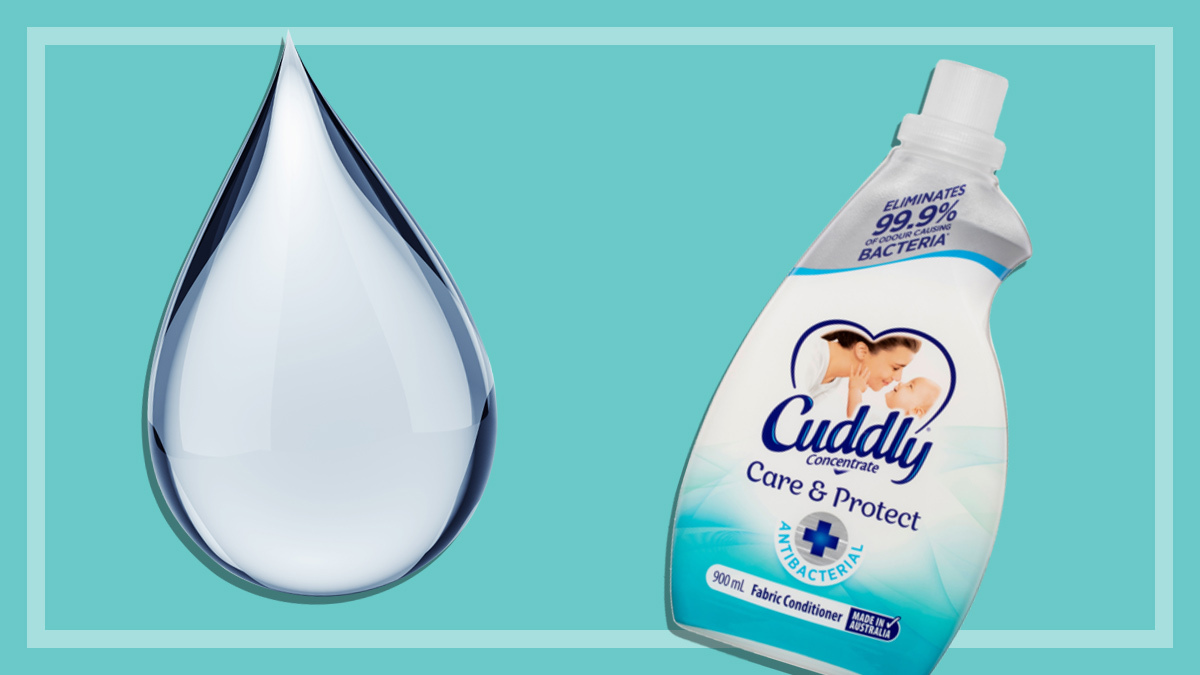Need to know
- Fabric softeners are largely unnecessary, expensive and have a number of downsides
- Cuddly Concentrate Care & Protect Antibacterial Fabric Conditioner received a score of just 50% in our test, barely better than plain water (49%)
- If you must use one, Woolworths' Soften Fabric Conditioner received the highest score at 76%
Who doesn’t love the feeling of soft, fluffy towels? And a laundry product that promises to deliver said softness and fluffiness?
Unfortunately, in our recent test of 32 fabric softeners, Cuddly Concentrate Care & Protect Antibacterial Fabric Softener ($10/900mL) came dead last, beating plain old water by just one point.
What’s worse is that it’s one of the most expensive fabric softeners in our test, costing $1.11 per 100mL. (The top-scoring product in our test costs just 15 cents per 100mL.)
In fact, none of the Cuddly products we tested performed particularly well, with the highest score being an underwhelming 67%.
Our experts advise that fabric softeners are generally an unnecessary expense, and are even proven to reduce the moisture absorbency of your washing (kind of a problem for your towels – they may come out soft but their drying capacity will be reduced).
Fabric softeners leave your clothes coated in chemicals
Fabric softeners also leave your clothes coated in chemicals, as they contain a variety of silicone and petrochemical ingredients that can also end up in our waterways and cause damage to marine life.
Fabric softener bottles also carry warnings about reducing the effectiveness of flame retardant treatments on clothing. (Look at the label and you’ll see a warning not to use them on children’s sleepwear for this reason.)
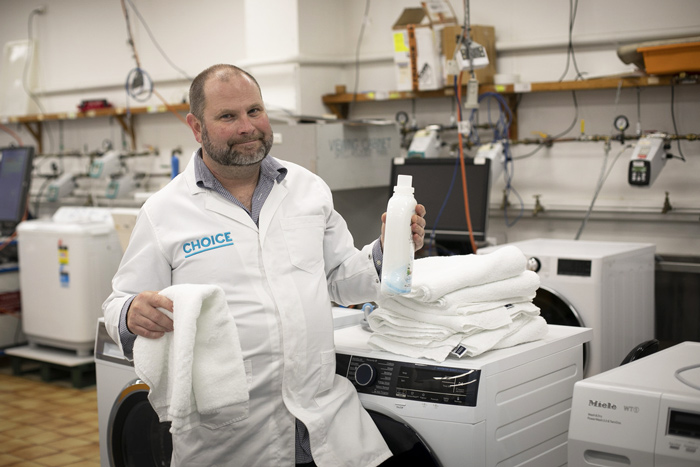
CHOICE household expert Rebecca Ciaramidaro says: “If you’re looking to save on household expenses, this is one cleaning product you just don’t need. There are plenty of cheaper, better (and chemical-free!) ways to get soft, fluffy towels, such as popping them in the dryer for a few minutes.”
If you need further convincing, CHOICE washing machine expert Ashley Iredale adds: “Fabric softeners aren’t great for your washing machine either and are big contributors to a gunky build-up known as ‘scrud’, which can also be redeposited onto your clothes.”
Here’s how the scores stack up
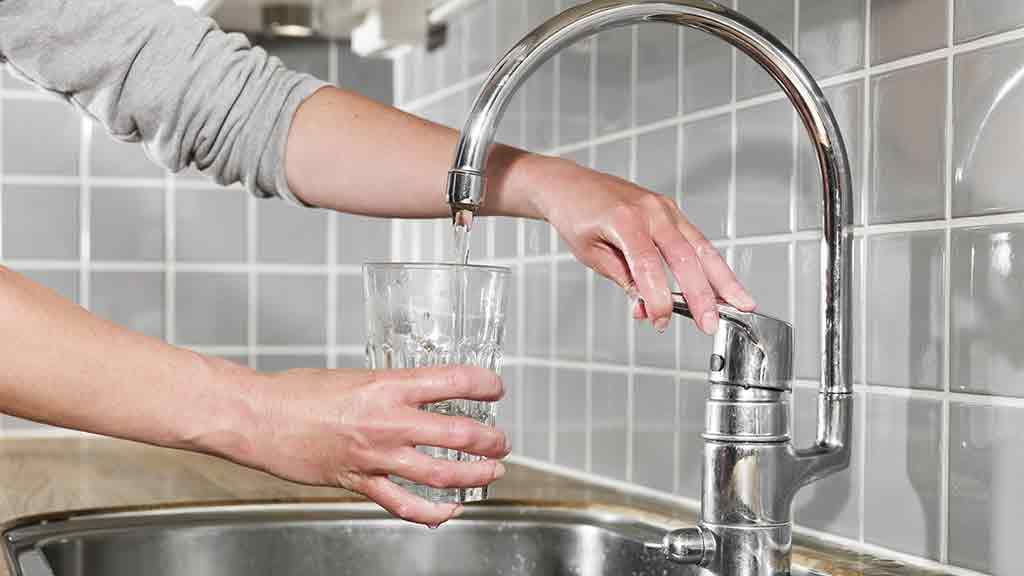
Plain water
- Price: Free
- CHOICE Expert Rating: 49%
- Softness score: 22%
- Absorption score: 90%
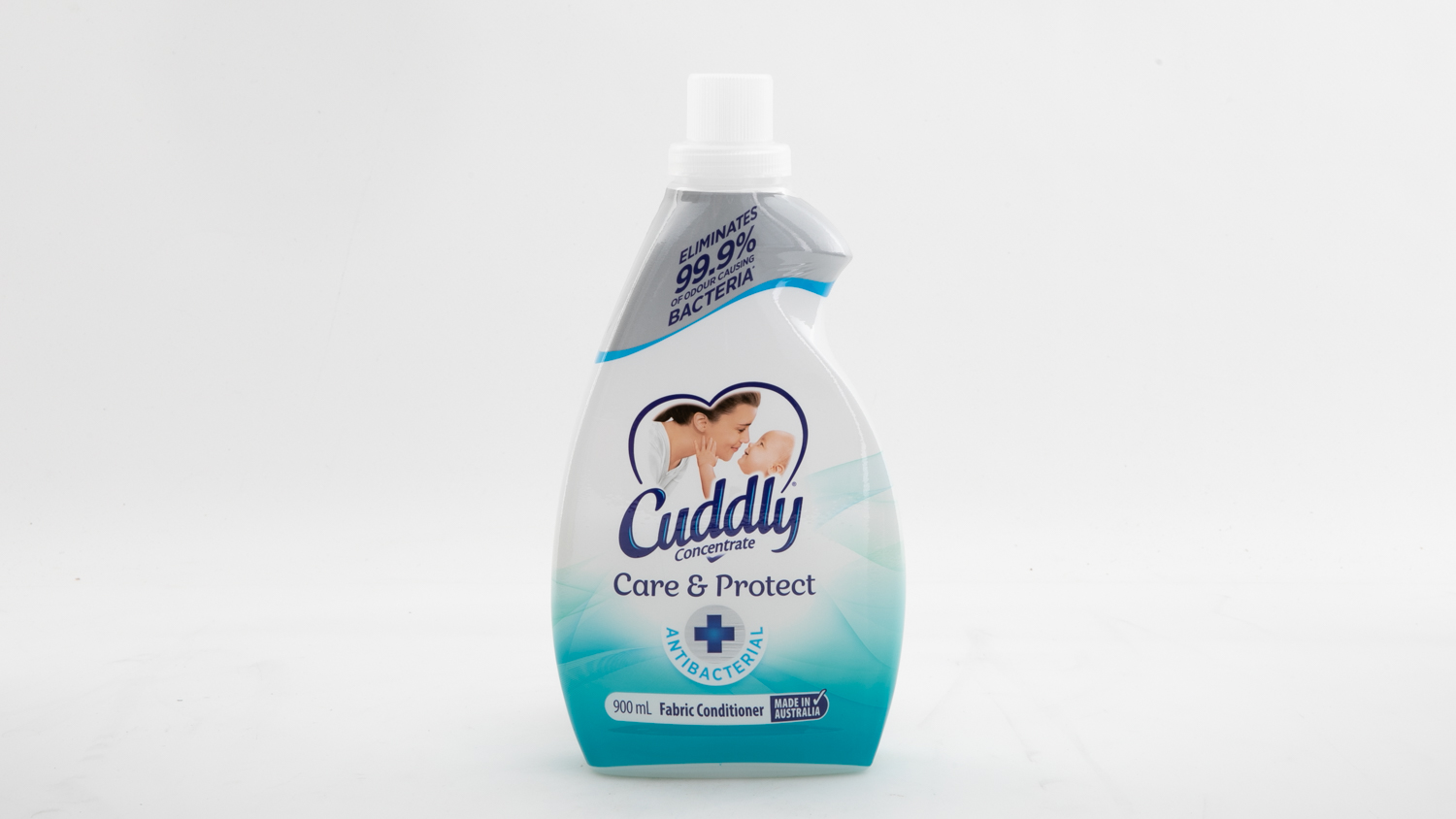
Cuddly Concentrate Care & Protect Antibacterial Fabric Conditioner
- Price: $10.00/900mL
- Cost per 100ml: $1.11
- CHOICE Expert Rating: 50%
- Softness score: 50%
- Absorption score: 50%
Which fabric softener scored the highest?
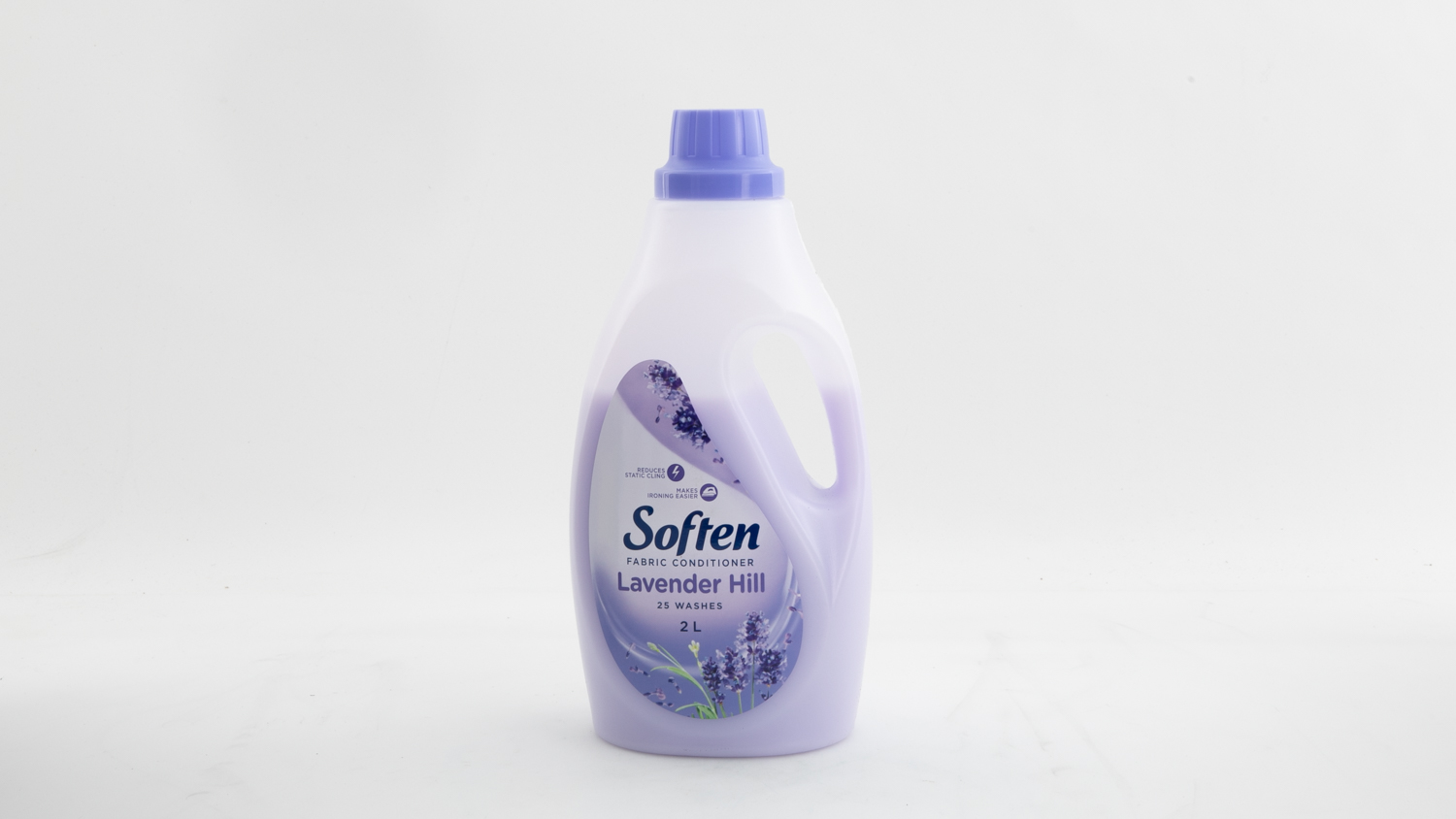
Woolworths Soften Fabric Conditioner Lavender Hill
- Price: $2.99/2L
- Cost per 100mL: $0.15
- CHOICE Expert Rating: 76%
- Softness score: 82%
- Absorption score: 68%
Even though this bargain Woolworths product scored well for softness, the rating for water absorbency is just 68%. We test for absorbency because fabric softeners tend to reduce the water absorbency of towels or clothing as a side effect of the softness – so generally the softer your towels come out, the less useful they’ll be for actually drying you.
‘Environmentally friendly’ – just marketing fluff?
There are a few brands on the market, such as Earth Choice and Ecostore, which promise that their products are better for the environment because they’re made from plant-based ingredients and contain fewer chemicals. However, if being more environmentally friendly is important to you, we’d advise you just to ditch fabric softeners completely.
Ashley says: “Fabric softeners are really only good if you like smelling like your Nanna’s house. Though the ingredients in the ‘eco products’ may be plant-based and potentially less harmful than the ingredients you’ll find in other brands (although I can’t definitively say that’s actually the case), they’re still chemicals.
Fabric softeners are really only good if you like smelling like your Nanna’s house
“You’re still pouring them into the waterways, and you’re still creating a carbon cost for their production, packaging and transportation. All for a product you don’t really need, and that we’ve proven doesn’t always even do what it says it will.”
